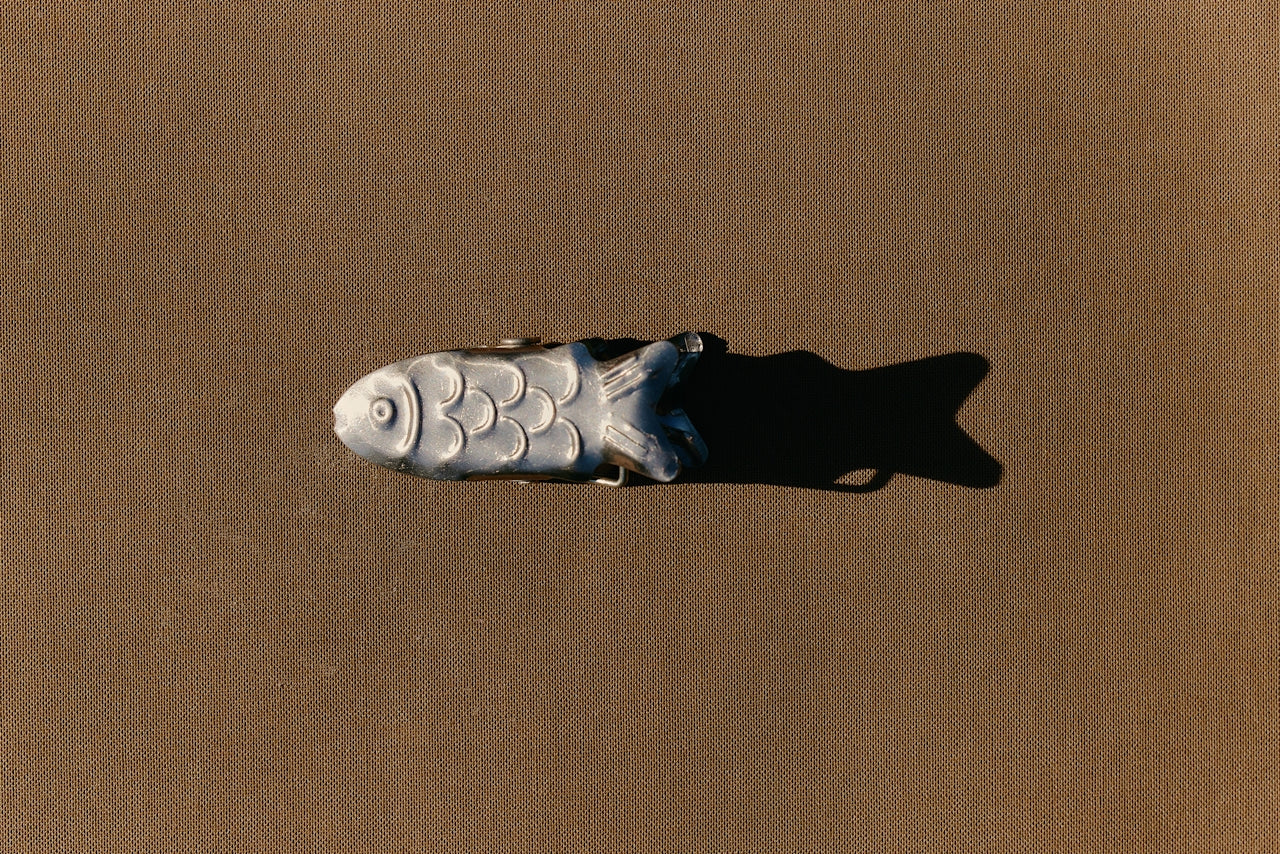How to Manage Ageing Skin with a Beauty and Diet Routine
In today’s fast-paced world, maintaining focus and concentration can often be a challenge. Whether it’s due to stress, fatigue, or dietary choices, the impact on our mental clarity is significant. Among various dietary approaches, the pescatarian diet —primarily plant-based, supplemented with seafood— has been associated with numerous health benefits, including enhanced brain function. This article explores how optimising a pescatarian diet could help improve concentration and overall mental alertness.
Understanding the Pescatarian Diet
What is a Pescatarian Diet?
A pescatarian diet includes fruits, vegetables, grains, legumes, and seafood, with the exclusion of meat and poultry. Rich in omega-3 fatty acids, protein, and essential vitamins, this diet not only supports physical health but also aids cognitive functions.
How Fish Boosts Brain Power
The Role of Omega-3 Fatty Acids
Fish, a staple in the pescatarian diet, is a prime source of omega-3 fatty acids, crucial for brain health. DHA, a type of omega-3, is a major structural component of the brain. Research indicates that a diet rich in omega-3s can lead to improved memory and cognitive function. A study published in the American Journal of Clinical Nutrition highlighted that regular fish consumption can slow cognitive decline and enhance memory retention.
Link to Cognitive Improvements
Including seafood like salmon, mackerel, and sardines in your diet not only supplies your brain with necessary fats but also boosts dopamine levels, enhancing focus and concentration.
Key Nutrients for Focus and Where to Find Them
Vital Nutrients and Their Sources
Besides omega-3s, several other nutrients are essential for optimal brain function:
- B Vitamins: Crucial for energy production and brain function; found in whole grains, eggs, and dairy products, all part of a balanced pescatarian diet.
- Antioxidants: Combat oxidative stress which can damage brain cells. Berries, nuts, and seeds are rich in antioxidants.
- Iron: Essential for cognitive function. Iron-fortified cereals and spinach are good pescatarian-friendly sources.
By incorporating a variety of these foods, you not only diversify your meals but also bolster your mental machinery.
Balancing Your Meals for Optimal Concentration
Creating a Brain-Boosting Meal Plan
To fully reap the cognitive benefits of a pescatarian diet, it’s important to balance your intake of proteins, fats, and carbohydrates:
- Protein-Rich Breakfast: Start with Greek yogurt or a smoothie with spinach and berries.
- Balanced Lunches and Dinners: Feature seafood such as grilled salmon or tuna salads. Pair these with complex carbs like quinoa or sweet potatoes.
- Smart Snacking: Opt for nuts, seeds, or fruits between meals to maintain energy levels without the sugar crash.
Recipes and Meal Ideas
Delicious, easy recipes are key to maintaining any diet. For instance, a quinoa and shrimp bowl with mixed vegetables offer a perfect blend of protein, omega-3, and fiber.
Lifestyle Tips to Enhance Dietary Benefits
Complementary Lifestyle Choices
Diet is just one piece of the concentration puzzle. Combining good nutrition with healthy lifestyle choices amplifies benefits. Regular exercise, adequate sleep, and mindfulness practices like meditation can significantly improve focus and cognitive function.
Stay Hydrated
Dehydration can lead to reduced concentration and cognitive abilities. Aim for 6-8 glasses of water daily to keep your mind sharp and efficient.
In conclusion, a well-optimised pescatarian diet not only supports physical health but is also a powerful tool for enhancing mental clarity and focus. By incorporating a variety of nutrient-rich foods and maintaining a balanced meal plan, you can significantly boost your cognitive function. Paired with healthy lifestyle choices, the pescatarian diet can help you achieve not only a healthier body but also a sharper mind.




